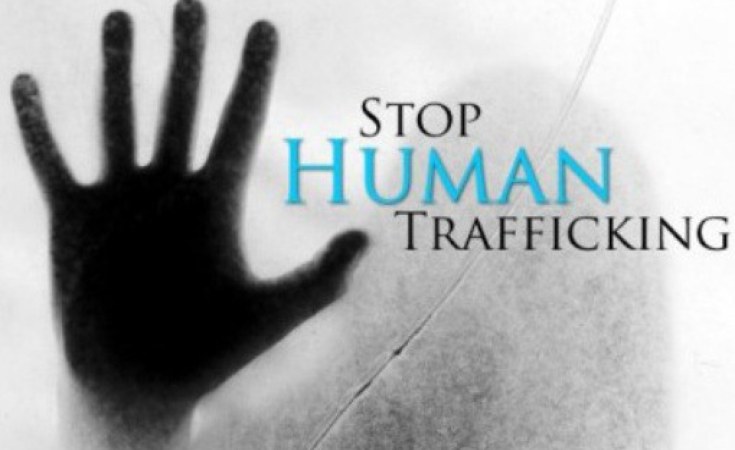NGO Coalition on Child Rights (NGOCCR) has told the ongoing Eastern and Southern Africa (ESA) and Swedish International Development Cooperation Agency (SIDA) CSO Programme Regional Learning Workshop in Lilongwe that trafficking for commercial and sexual exploitation remains a serious problem affecting Malawi.
NGOCCR is one of the organizations implementing child-centred interventions with financial support from Save the Children.
The coalition's Project Officer Faith Iwalani said annually, traffickers recruit unsuspected victims in Malawi including children to work in Tobacco Estates in Mozambique, Malawi and Zambia.
Iwalani explained that that the demand for girls and women increased during the festive season and other major events, among others.
She added that demand for domestic workers in Arab countries also increased, with trafficked girls and women being lured by labour agencies and fully sponsored trips.
"Exploitation comes in the form of high profits from sales of alcohol and liquor owners of bottle stores and nightclubs get because of the presence of the women and girls. The unsuspecting girls and women are sometimes requested to send their pictures; and, when they travel to the these countries, they are subjected to debt bondage," explained Iwalani.
She said organized criminal groups are behind all these forms of trafficking and smuggling.
She described organized crimes as including both criminal organization and the criminal activities they carry out.
Poverty, unemployment, racial injustice and food insecurity are among the push and pull factors of human factors.
"Violence or the threat of violence can be used at any stage of the trafficking process to control a victim. Victims, or their friends and/or relatives, may be the subject and targets of the threats and violence.
"Many trafficking in person cases start with the victim being deceived. This may be complete deception, for example someone who was told they would work in a bar who is then forced to work in a brothel.
"It may be partial deception, for example a person who was told they would work as a domestic servant with reasonable conditions finds in fact they are not paid and are kept as virtual slaves," said Iwalani.
NGOCCR has since called for concerted and collaborative action to end trafficking in persons, describing it as the worst forms of slavery in the modern century.
The regional learning workshop, ran up to Friday last week, attracted participants from Ethiopia, Kenya, Zambia, Rwanda, Tanzania and Malawi as a host.


